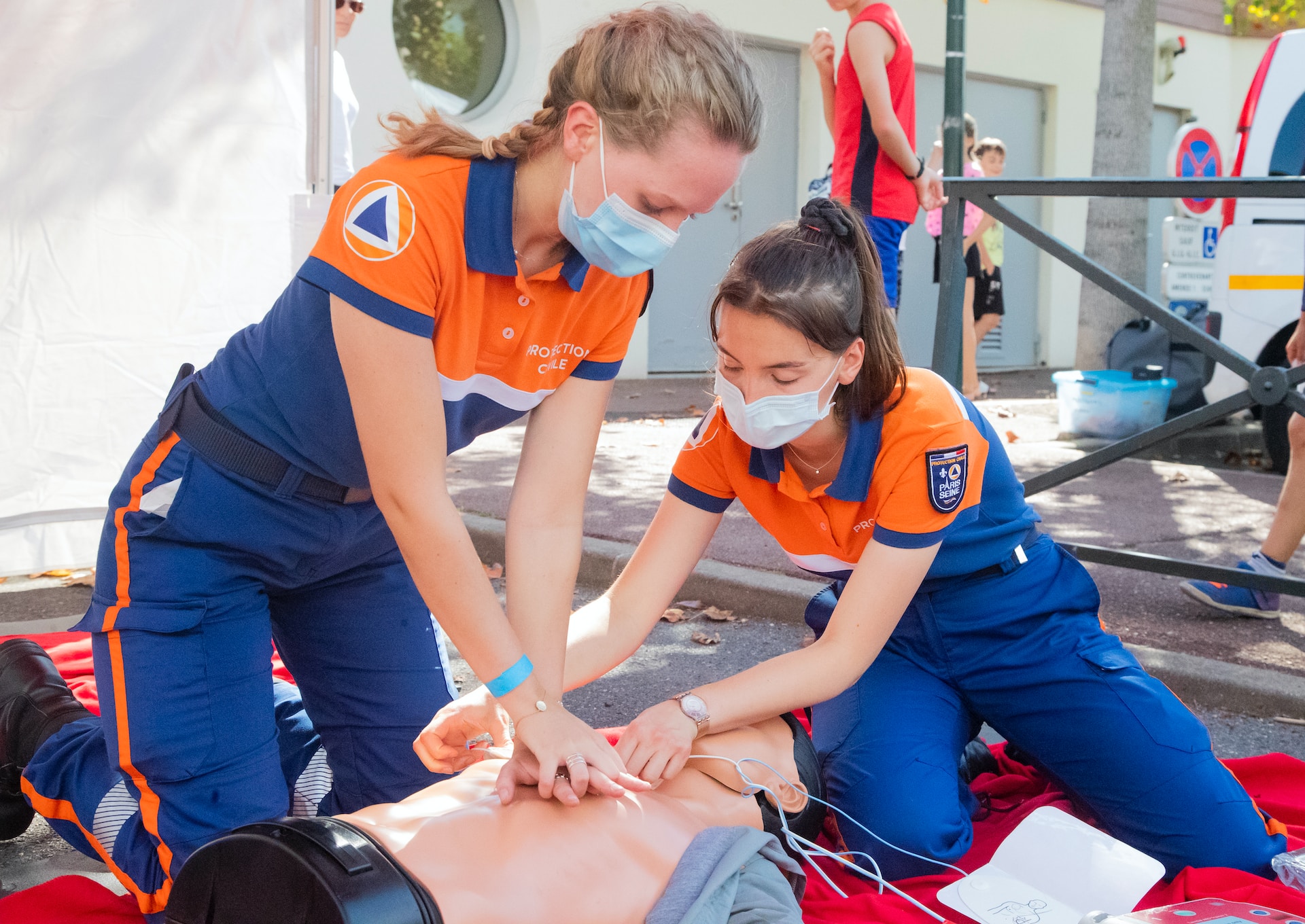The construction industry is often fraught with perilous situations, posing a significant risk to the health and safety of workers. In such a high-risk environment, prehospital care emerges as an integral component of the occupational health infrastructure.
This concept encompasses the initial emergency care and medical assistance provided at the site of the accident, even before the injured can reach a hospital. It includes immediate first aid, stabilisation, and transport of the injured to the nearest medical facility.
Given the nature of the construction industry, understanding and implementing effective prehospital care strategies become essential for mitigating risks and ensuring the well-being of the workforce.
So, it’s worth taking a comprehensive exploration of the procedures, challenges, and impact of prehospital care within the construction industry, which can serve as a valuable resource for industry professionals, health practitioners, and policymakers alike.
How Prehospital Care Improves Safety in the Construction Industry
1. Understanding the Role of Prehospital Care in the Construction Industry
The construction industry consists of numerous potentially hazardous work environments, with workers facing a variety of risks relating to heavy machinery, falls, extreme weather, and more. In cases of accidents or medical emergencies, efficient prehospital care plays a critical role in minimising the severity of injuries, preventing complications, and saving lives.
It involves the assessment, treatment, and stabilisation of individuals experiencing emergencies before they receive full medical intervention from healthcare professionals. By providing necessary care at the scene, construction professionals can utilise prehospital care to bridge the gap between the time of injury and formal medical assistance.
2. Key Components of Prehospital Care for Construction Professionals
Several essential components of prehospital care should be considered when providing initial medical assistance on construction sites:
- Injury assessment: Swiftly and accurately assessing an injured individual’s condition, ensuring that professionals can act accordingly and prioritise the most appropriate interventions.
- Basic life support: Performing life-saving techniques, such as cardiopulmonary resuscitation (CPR) and the use of an automated external defibrillator (AED) to address life-threatening situations like cardiac arrest.
- Triage: In scenarios with multiple casualties, construction professionals should be trained to prioritise patients based on the severity of their injuries and immediate medical needs.
- Basic wound care: Providing adequate treatment for a variety of wounds, including cuts, abrasions, punctures, and burns, to prevent infection and promote healing.
- Immobilisation and transportation: Stabilising and moving injured individuals in a way that reduces the risk of further injury while awaiting formal medical assistance.
- Communication: Relaying accurate and concise information to emergency medical services in a timely manner to ensure seamless patient handover and continuation of care.
3. Benefits of Specialised Prehospital Care Training for Construction Professionals
Undertaking specialised training in prehospital care provides numerous advantages for construction professionals, including:
- Enhanced safety culture: Construction workers equipped with prehospital care skills contribute to an overall improvement in the safety culture within the industry, minimising risks and ensuring a secure environment for all.
- Improved incident response: With proper prehospital care training, construction professionals can react promptly and efficiently during emergencies, reducing response times and providing essential medical assistance.
- Increased preparedness: Given the hazardous nature of construction work, preparedness is crucial. Construction professionals who have undergone prehospital care training are better equipped to anticipate potential emergencies and address them effectively.
- Skill development: Prehospital care training enables construction professionals to enhance their skillset, making them more valuable to employers and fellow workers.
4. Obtaining Prehospital Care Training through CR Training Solutions
To fully recognise the benefits of prehospital care and enhance their skills, construction professionals should seek specialised training from reputable providers, such as CR Training Solutions. Courses offered include:
- First Aid at Work: This comprehensive course covers essential first aid principles, wound management, and resuscitation techniques, helping construction professionals to acquire a wide range of prehospital care skills.
- Emergency First Aid at Work: Designed for construction workers with limited time, this one-day course focuses on basic life support, injury assessment, and initial treatment of common workplace emergencies.
- Paediatric First Aid: As construction sites may sometimes be located near schools or residential areas, this course aids professionals to address emergencies involving children and infants.
- Mental Health First Aid: Mental health is as crucial as physical health. This course assists construction workers in recognising and understanding mental health issues, providing support and initial assistance to colleagues in need.
5. Continuous Development in Prehospital Care
Becoming proficient in prehospital care is an ongoing process that demands consistent dedication and development. In order to maintain and enhance their skills, construction professionals should consider the following:
- Regular refresher courses: Participate in periodic refresher courses offered by accredited training providers to stay updated with the latest guidelines, techniques, and best practices.
- Practice runs and drills: Organise and participate in practice scenarios and drills at the workplace to simulate real-life situations, ensuring that workers are comfortable and confident in applying their knowledge during emergencies.
- Stay informed: Continually monitor industry news, research, and publications to remain aware of advances in prehospital care and improve the quality of care provided.
Securing Safety with Prehospital Care Training in the Construction Industry
Ultimately, the importance of prehospital care in the construction industry is undeniable. With its ability to provide immediate, on-site medical attention, it serves as a vital component, ensuring the safety and well-being of construction workers.
CR Training Solutions, a reliable, accredited, and professional training and consultancy company in Edinburgh dedicated to the construction industry, offers a range of courses that aid professionals in enhancing their prehospital care skills. By investing in comprehensive training offerings, construction professionals not only become more valuable to employers but also contribute to fostering a safe work environment for all.




